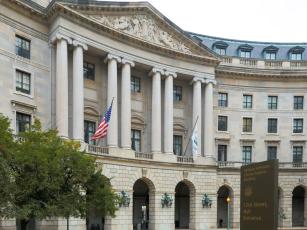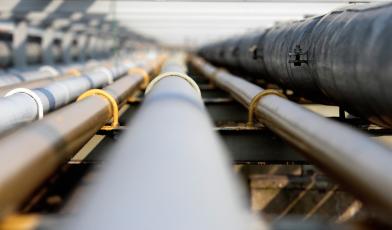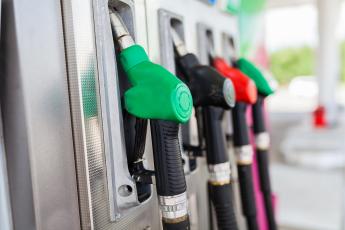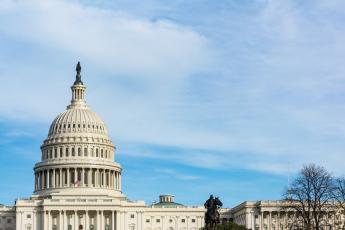Refiners Welcome EPA Decision on RFS Compliance Deadlines
WASHINGTON, D.C. – AFPM appreciates the quick action taken by Administrator Regan and EPA staff to formally extend Renewable Fuel Standard compliance deadlines. In this moment, with surging RIN prices and slowly recovering fuel demand, refineries welcome this extra time and the flexibility it affords them to figure out how they will fulfill their individual RIN obligations.
AFPM Urges Administrator Regan to Take Decisive Action on RFS
WASHINGTON, D.C. – AFPM president & CEO Chet Thompson, on behalf of United States refineries, today sent an appeal to new EPA Administrator Michael Regan urging him to take swift action on the Renewable Fuel Standard (RFS) by extending compliance deadlines and setting achievable targets for the current and coming years.
As COVID-19 widens the education gap, industries help bridge the digital divide
Marathon Petroleum Corporation has a longstanding tradition of supporting community and educational initiatives around the country, such as the Boys & Girls Club in Carson and Los Angeles Harbor, California.
The state of RFS & a better way forward for refiners, ethanol producers, and consumers
AFPM recently submitted comments to EPA in support of the Renewable Fuel Standard (RFS) general waiver petitions submitted by the governors of Louisiana, Texas, Oklahoma, Utah, Wyoming, and Pennsylvania.
AFPM statement on EPA’s decision to support 10th Circuit view on small refinery relief
WASHINGTON, D.C. – Today, AFPM issued the following statement in response to an announcement from the Environmental Protection Agency (EPA) that it supports the January 2020 ruling from the 10th Circuit Court of Appeals.
New AFPM Sustainability Report Published
WASHINGTON, D.C. – The American Fuel & Petrochemical Manufacturers has released its first sustainability report. Detailing the ongoing commitment of U.S. refiners and petrochemical companies to operating sustainably, the report demonstrates how these industries are advancing solutions to some of the world’s most pressing challenges while delivering products growing global populations need to thrive.
AFPM Statement on Keystone XL Pipeline
WASHINGTON, D.C. – American Fuel & Petrochemical Manufacturers President and CEO Chet Thompson today released the following statement addressing President-elect Biden's intention to rescind the permit for the Keystone XL pipeline.
Joint Statement on the NPRM for E15 Fuel Dispenser Labeling
WASHINGTON, D.C. – EPA’s top priority should be making sure consumers have the clearest information at the pump. This proposal doesn’t just fall short, it would make it harder for consumers to distinguish the difference between E15 and E10 fuel.
AFPM Statement on Political Giving
WASHINGTON, D.C. - AFPM issued the following statement this morning regarding our association and PAC political giving.









